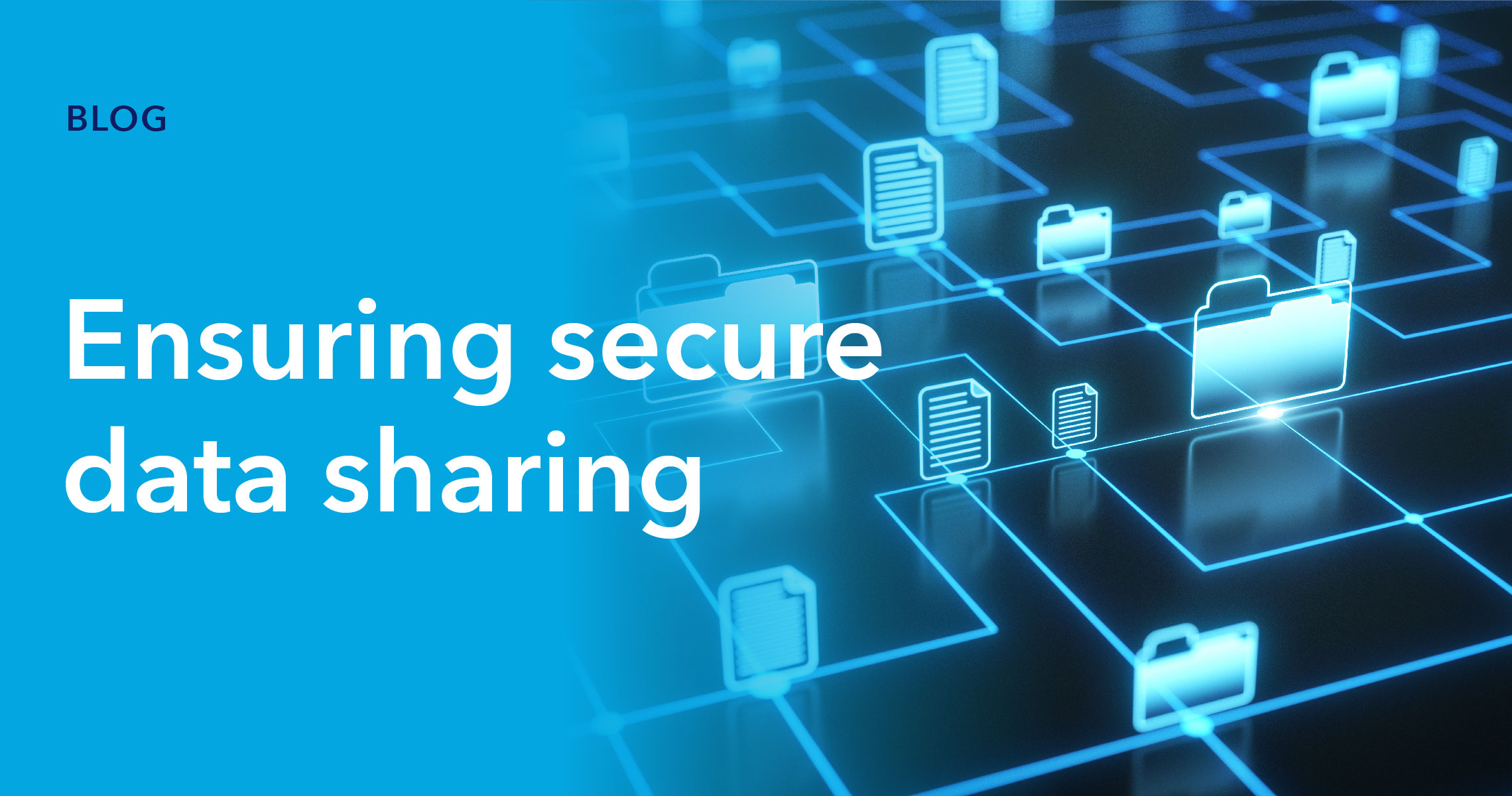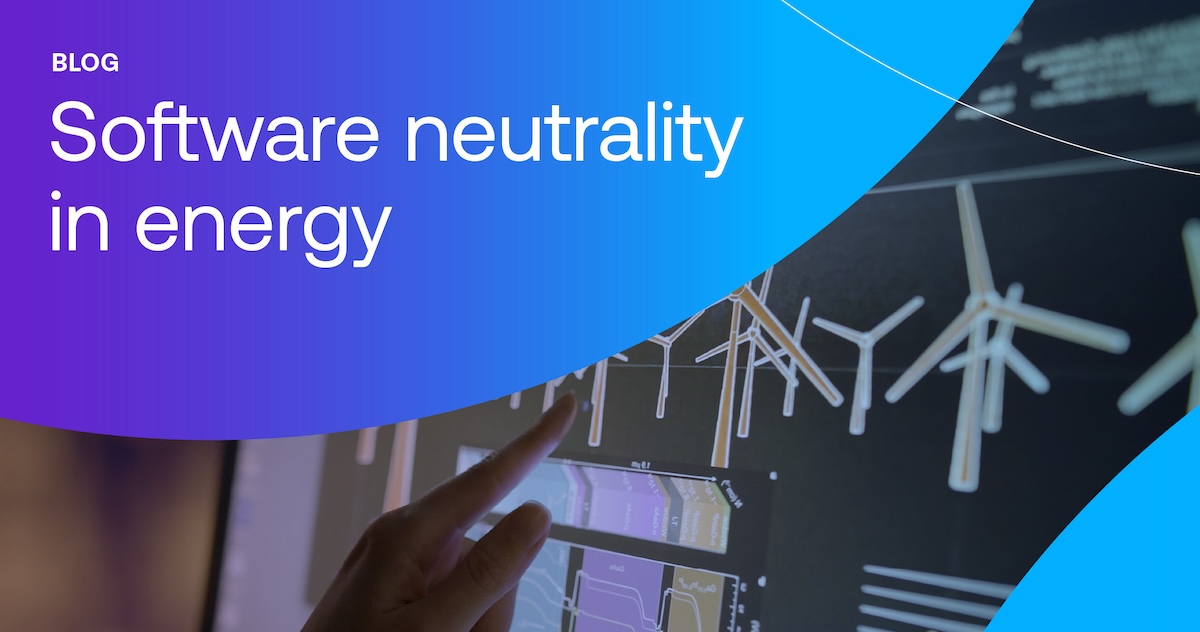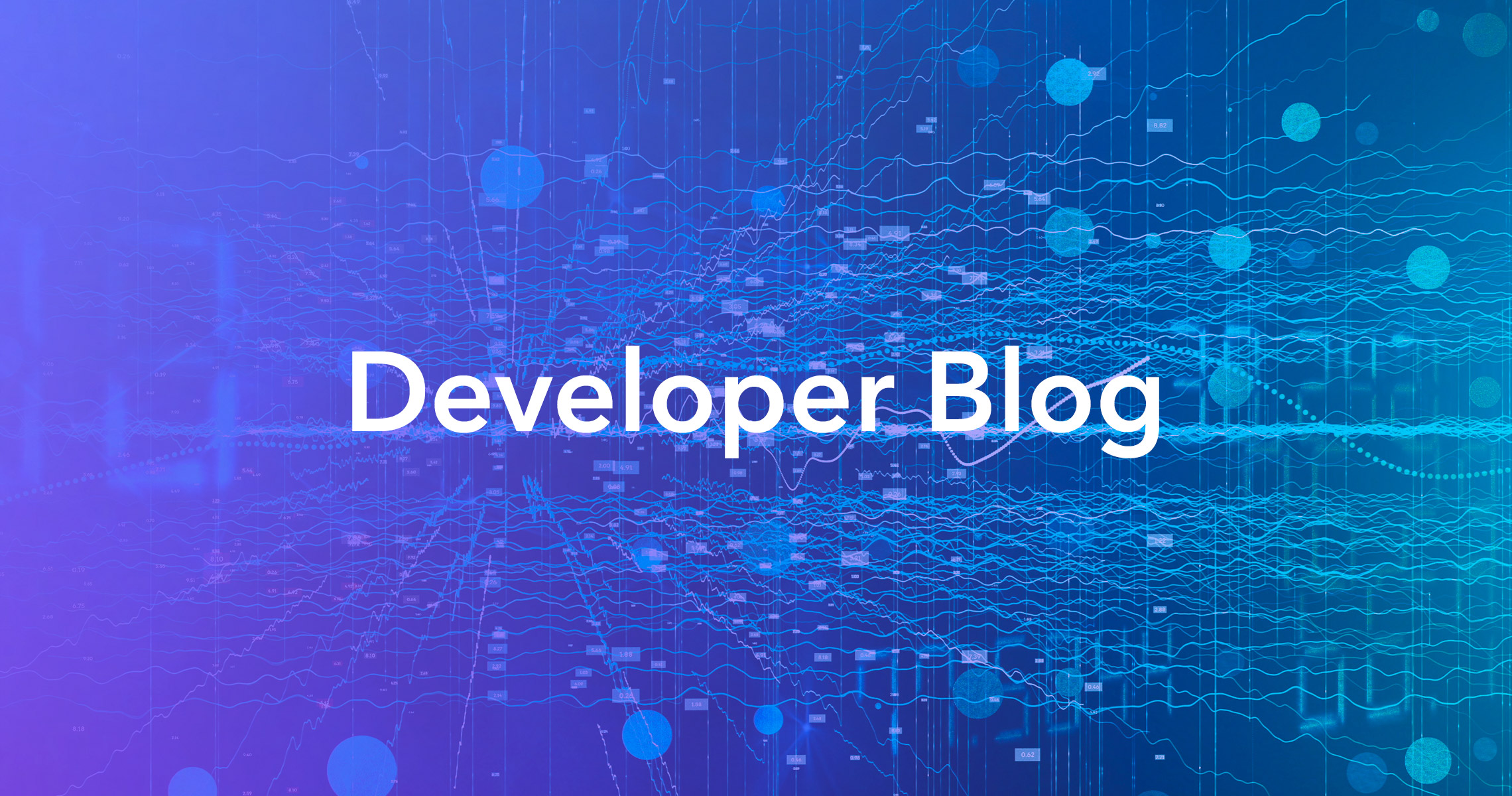Data has the power to transform and improve nearly every industry on the planet. There is already a big shift towards data collection and analysis in the private sector. On an even larger national and international public scale, data can deliver major efficiencies in the way we live. However, collecting large-scale data about people’s lives and sharing it with numerous organizations comes with considerable challenges. Primary among these are the privacy concerns of the people whose data is being collected.
Here we will look at the benefits of secure data sharing in a specific case study, the challenges data sharing faces, and what can be done to overcome them.
Importance of secure data sharing: A case study
Data sharing, in a smart world context, involves the aggregation of data from multiple collection points. This data is then provided to interested stakeholders to improve their services. To take the example of the energy industry, there are many different data points among private and public organizations and end-users that provide information about data production, provision, and use. These include private wind turbines and charging points, public grid transformers and batteries, and home smart meters and IoT devices.
All of the main stakeholders in energy usage and supply can derive benefits from greater data sharing in the field. Here are some examples:
- Private: Companies right across the energy value chain can benefit from data sharing. Customer modeling can improve margins for providers, battery and transformer monitoring can support preventative grid maintenance, and usage data can help energy creators achieve optimum production or battery storage.
- Public: Understanding where and how people need grid infrastructure, such as EV charging points, allows governmental institutions to deliver better services for citizens.
- End-user: Secure data sharing can lead to improved service delivery as well as the opportunity for users to move on to personalized plans that fit their energy consumption patterns. Two-way energy also enables consumers with energy resources (such as solar panels) to feed back into the grid and sell their energy production.
- Environment: More efficient energy production means less resource waste and improved production outcomes of renewable providers (such as wind turbines).
As we can see, secure data sharing can deliver considerable benefits to all stakeholders in the energy industry. However, legitimate concerns over data privacy from end-users are currently hampering data sharing efforts. Unfortunately, these concerns represent a considerable challenge if the energy industry is to drive efficiency, lower costs, and maximize the possible value of data.
The barriers facing data sharing
The proliferation of data sharing faces a number of challenges, including those centered around consumer privacy concerns, how data is collected, and who gets to use it. Let’s take a closer look at the biggest issues.
Consumer security
Data that contains personally identifiable information (PII), such as names or addresses, and general locations or devices used, may put consumers at risk. As such, consumers are reticent about opting into data sharing when they don’t fully trust the security processes being deployed.
Data access
Data sharing can be a powerful tool. But unfortunately, open access to third parties may create a system that’s open to abuse or promotes the misuse of data that was collected for one purpose but used for another.
Usage transparency
Private corporations involved in data sharing often worry that other companies are using their data to gain a competitive edge. Transparency around usage is important to assure all stakeholders that data is only being used for its prescribed purpose.
Data interoperability
The lack of data interoperability of collected data means that it can’t be used for different applications or be useful even if it is opened for data sharing. Data in different formats and with different attributes need to be made interoperable to be beneficial.
Data regulations
Governments at various levels have introduced data privacy laws regulating how data can be collected and used. Regulations such as the GDPR in Europe and the CCPA in California lay out strict conditions over responsibility for data with potential fines for breaches costing millions.
How secure data sharing can overcome barriers
Despite these considerable barriers, the potential value of data sharing makes striving for effective processes worth it. One of the primary ways that data sharing can be achieved while meeting the concerns of end-users, private corporations, and public institutions is through secure data platforms.
Secure data platforms use virtualized data layers that bring together data, in interoperable formats, for analysis or collaboration without it having to be transferred from its storage location. This means that collaboration can happen between multiple private and public organizations in secure execution environments with containerized data that can’t be extracted or used for other purposes. The data governance controls that secure data platforms provide mean that fine-grained access permissions can be granted, defining who can view what and what they can do with it. It also creates an audit trail that can be used to investigate sources of breaches.
Secure data platforms allow the maximized use of data sharing to deliver benefits and efficiencies while also providing the trusted usage model that stakeholders need in order to participate in data sharing.
Intertrust Platform: Enabling secure data sharing
When it comes to data sharing, using a platform that ensures security is essential. Not only does this help drive efficiencies, but it ensures compliance and provides benefits for stakeholders across the board. At Intertrust, we’ve worked with partners to create a platform that helps deliver all the upsides of data sharing while addressing the important concerns surrounding privacy, security, and interoperability.
To find out how Intertrust Platform helps organizations achieve secure data sharing that meets data privacy regulations, you can read more here or talk to our team.
About Abhishek Prabhakar
Abhishek Prabhakar is a Senior Manager ( Marketing Strategy and Product Planning ) at Intertrust Technologies Corporation, and is primarily involved in the global product marketing and planning function for The Intertrust Platform. He has extensive experience in the field of new age enterprise transformation technologies and is actively involved in market research and strategic partnerships in the field.




